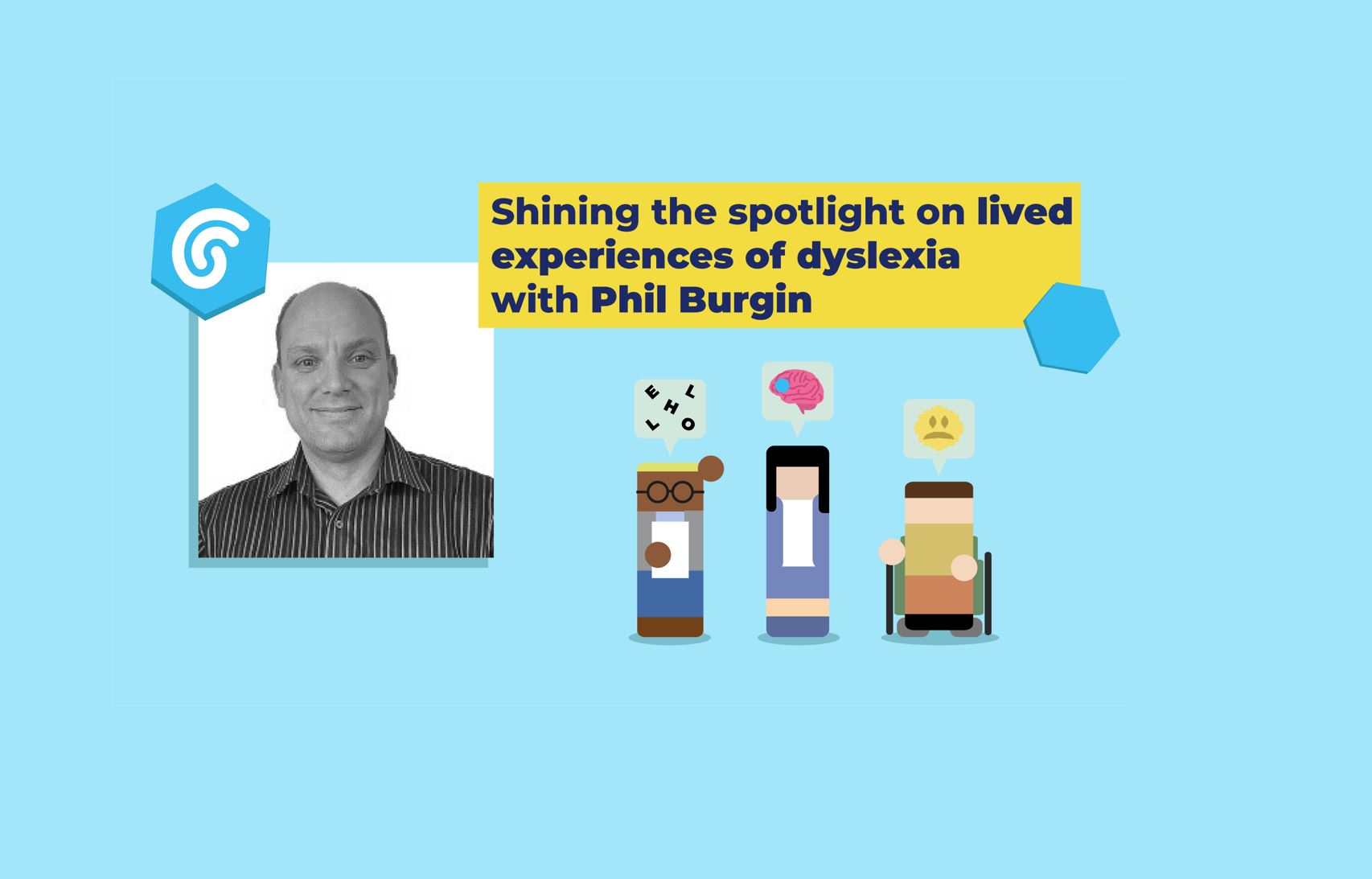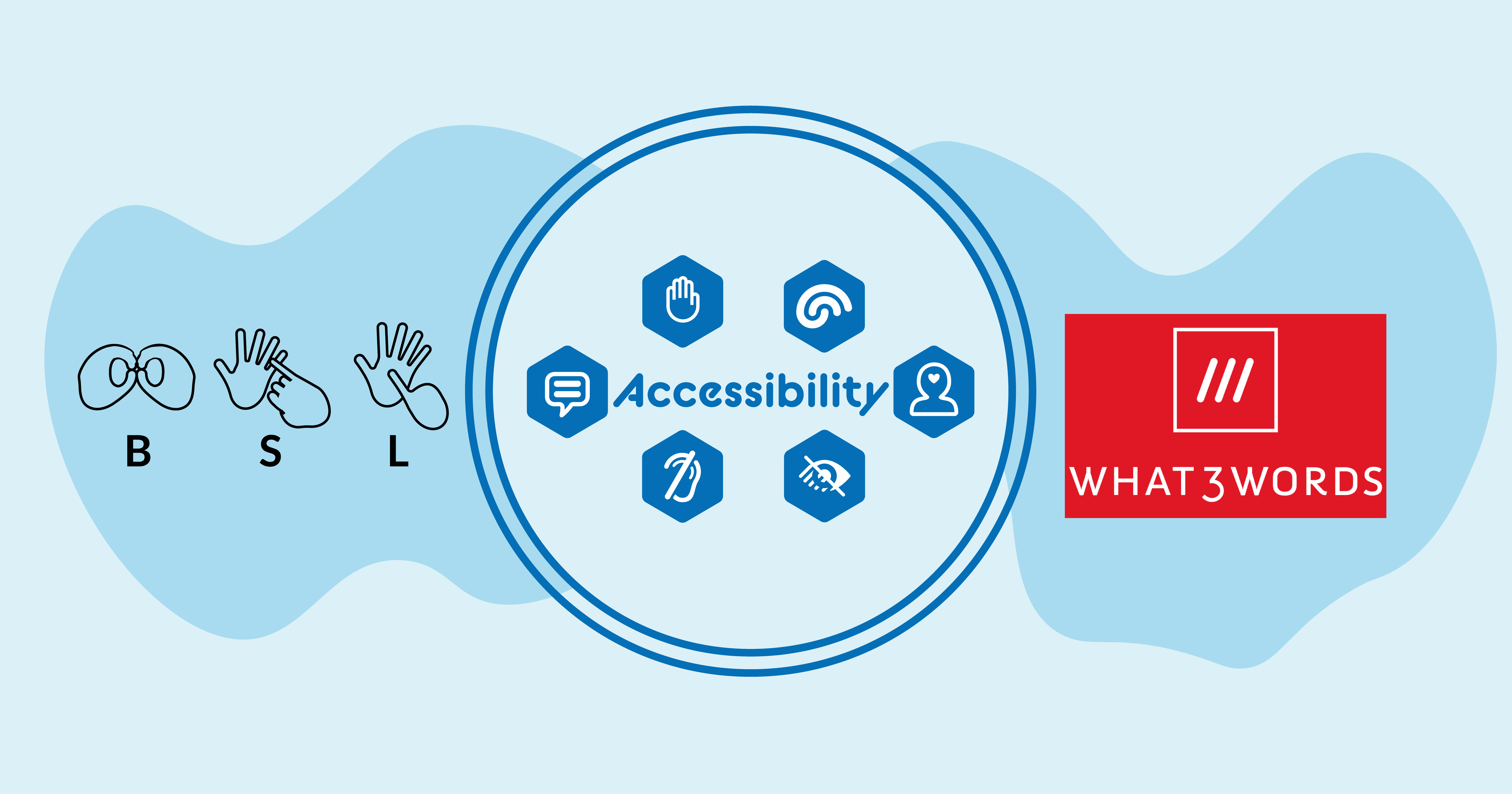The people and organisations raising awareness of autism 52 weeks of the year
If you’ve read any of my previous blogs, you’ll probably have noticed I love a national day/week/month. They are a great way to get people talking about a particular issue, for example, from 26th March – 4th April National Autism Awareness Week took place with World Autism Day occurring on Friday 2nd April. It was through researching autism during this period that I learnt it’s estimated there are 25 million autistic people in the world. Until a generation ago autism was frequently misunderstood and misdiagnosed, creating autisms ‘invisible generation’. Australian comedian Hannah Gadsby, who has performed a comedy special for Netflix where she talks about her autism, was diagnosed at the age of 38. Scottish singer Susan Boyle was diagnosed at 51 and Welsh actor Sir Anthony Hopkins was 77 when he was diagnosed.
It’s important the conversations and education that are prompted by a national day/week/month continue throughout the whole year so we can increase our knowledge and understanding. That’s why this month I wanted to talk about the people and schemes that are championing inclusivity of autism all year round.
Discovering an authentic voice
Representation of autistic characters in TV and film have often been perceived as stereotypical geniuses such as Raymond in Rain Man or Sheldon Cooper in The Big Bang Theory. Yes, some aspects of these characters are true of autism for some people. However, as with all developmental disabilities, the strengths and challenges each person experiences varies. By ensuring mainstream media includes an authentic, more diverse representation, a greater understanding of what autism is and how it effects the individual can be achieved. This can also empower autistic people who see a more authentic representation of themselves on screen.
English naturalist and TV presenter, Chris Packham, Swedish environmental activist, Greta Thunberg, and Paralympic swimmer, Jessica-Jane Applegate MBE are three autistic people that are challenging these stereotypes. Within their efforts to raise awareness of pressing subjects such as conservationism and climate change, they are also educating the world about autism simply by being themselves.
A powerful voice in global politics
Greta Thunberg first made it into the public eye in 2018 at the age of 15. She had started spending her school days outside the Swedish Parliament to call for stronger action on climate change by holding up a sign that read Skolstrejk för klimatet (School strike for climate).
Greta was diagnosed with autism during childhood, at the age of 12. When Greta first made it into the public eye, she did not disclose her autism diagnosis not because she was ashamed of it but because she knew (in her own words): “many ignorant people still see it as an ‘illness’, or something negative”. This unfortunately still rings true with many trolls targeting her on social media due to her autism. Greta has fought her corner brilliantly often using humour to silence her critics, who sometimes include world leaders. After one trolling experience Greta tweeted: “when haters go after your looks and differences, it means they have nowhere left to go. And then you know you’re winning!” Her autism is now something she freely talks about in interviews describing it as gift that “makes me see things from outside the box. I don’t easily fall for lies, I can see through things.”
At just 18 years old she has already received several honours and awards such as inclusion in Time’s 100 most influential people, being the youngest Time Person of the Year, inclusion in the Forbes list of The World’s 100 Most Powerful Women (2019) and three consecutive nominations for the Nobel Peace Prize (2019–2021). By being vocal about her autism and standing up to trolls Greta is using her platform to help educate people on autism as well as showing autistic people old and young that they don’t need to hide in the shadows. They have a voice and they can use it to create great change.
Representation on National TV
Chris Packham has been a regular on TV for over 30 years. You may know him from his time presenting The Really Wild Show in the mid 80’s to early 90’s. More recently, he has become a staple for BBC nature programmes such as Springwatch and Winterwatch.
Chris was diagnosed with autism at the age of 44. Since then, he has been using his established TV career to help raise awareness of autism. Talking about his autism in a 2018 interview Chris said:
“I’ve been very fortunate to have been given a small voice because of the work I’ve done on television and elsewhere and I think that therefore I have a duty to use that voice to try and make things better for others. It’s very difficult for some members of the autistic community to articulate the way that they feel and the problems that they have […] I hate the idea of loads of people out there not able to have fulfilled lives, play a role simply because there isn’t a wider understanding of the condition and a degree of tolerance in society. I had a duty to stand up for all of those people that didn’t have that voice.”
In October 2017 he became an ambassador for the National Autistic Society. That year he also presented a BBC documentary about his experience of autism. You can watch the documentary in full here. During the documentary Chris is walking his dog in a forest, a setting that is associated with calm and relaxation. Chris explains the sensory overload he is experiencing. Not only is there traffic in the distance and a jet flying overhead but there are also several birds, all of which he can name, singing to each other.
To have a better understanding of autism it’s important to be aware of experiences such as sensory overloads. The National Autistic Society has produced an insightful video (below) which tries to convey the sensory overload an autistic person may experience when in a busy shopping centre.
Inclusion in sport
During her career as a Paralympic swimmer, Jessica-Jane Applegate MBE has set more than 70 British records. At the age of 15 she was the first British S14 swimmer to win gold in this category. When she was four years old she was diagnosed with autism. Similar to Chris Packham and Greta Thunberg, Jessica-Jane uses her voice to educate and raise awareness around autism, particularly autism in sport.
In the summer of 2019 Jessica-Jane was a guest speaker at the very first Sport You Can conference. The conference took place in parliament and showcased the best examples of inclusion within sport for people with learning disabilities such as autism. Speaking at the event Jessica-Jane said “Sport must become accessible to everyone whether you want to take part yourself, coach, volunteer, spectate or socialise. It’s fantastic for physical and mental health and actually changes lives.” Unfortunately, the event did not take place last year due to the pandemic but hopefully it will become an annual event.

Jessica-Jane has also helped open up discussions around autism in sport through her work with Sport and Autism (UK) CIC, or Spautism for short. Spautism was formed last year and aims to improve the quality of the experience for autistic people competing, spectating or working within sport. From interviews with successful autistic sports people to sharing positive autism in sport news stories, Spautism is opening up the conversation around inclusion within sport whilst empowering autistic people that may have some concerns about joining a sporting community.
Over to you
As always, I’d love to hear your views. Let me know in the comments of people/organisations/schemes you know of that are championing autism awareness during all 52 weeks of the year. The above are examples of work being done by a few individuals. Imagine the acceptance and inclusivity that could be achieved and the stereotypes that could be banished if the conversations that were created around National Autism Awareness Week took place every week.
Other blog articles











